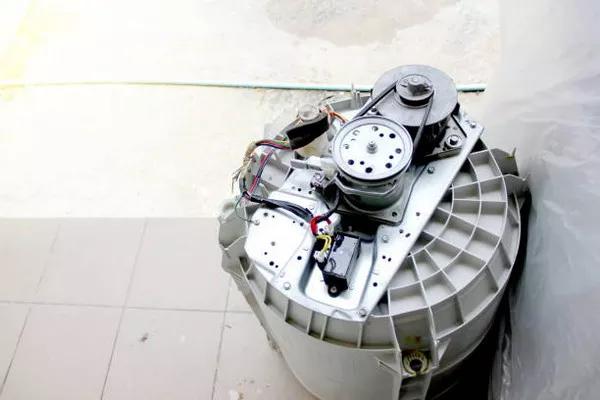Selecting the appropriate wattage generator is a crucial decision for anyone looking to ensure a reliable power supply in various situations. Whether you’re preparing for emergencies, planning outdoor events, or simply seeking a backup power source, understanding your power needs is essential. In this comprehensive guide, we’ll explore the factors that influence the choice of generator wattage and provide practical tips to help you determine the right generator for your specific requirements.
Understanding Wattage
Wattage is a measure of electrical power, representing the rate at which energy is consumed or produced. In the context of generators, it indicates the amount of electrical power the generator can deliver. Generators come in a wide range of wattages, from portable units producing a few hundred watts to industrial generators with capacities exceeding several megawatts.
Assessing Your Power Needs
The first step in determining the right generator wattage is to assess your power needs. Create a list of essential appliances and devices you want to power during an outage or event. Take note of the starting and running wattage for each item, as some appliances have higher power requirements when initially powered on. Common household items include refrigerators, air conditioners, lights, computers, and kitchen appliances.
Calculating Total Wattage
Once you have a list of appliances and their wattage requirements, calculate the total wattage. Add the running wattage of all devices to find the baseline power needed. To accommodate appliances with higher starting wattage, add the highest starting wattage to the total. This sum represents the minimum wattage your generator should provide to meet your needs.
Consider Peak and Continuous Load
Generators are rated for both peak (starting) and continuous (running) loads. It’s crucial to understand these ratings to ensure your generator can handle the initial surge when appliances start. Select a generator with a peak wattage that exceeds the highest starting wattage of your appliances. For continuous operation, ensure the generator’s running wattage meets or exceeds the total running wattage of all connected devices.
Accounting for Future Needs
When selecting a generator, consider potential future needs. If you plan to add more appliances or devices, it’s wise to choose a generator with some extra capacity. Having a margin of safety can prevent overloading and ensure the longevity of your generator. Additionally, consider the possibility of unexpected power spikes or surges, which may occur during storms or other electrical disturbances.
Portable Generators vs. Standby Generators
There are two main types of generators: portable and standby. Portable generators are versatile and suitable for various applications, such as camping, construction sites, or providing temporary power during outages. Standby generators, on the other hand, are permanently installed and connected to your home’s electrical system. They automatically start when a power outage is detected, providing seamless backup power.
Portable generators are available in a wide range of wattages, making them suitable for different power needs. They are convenient for powering essential appliances and tools in temporary situations. Standby generators, typically ranging from 8,000 to 20,000 watts or more, are designed for whole-house backup and provide a higher level of convenience.
Fuel Type and Efficiency
Generators can be powered by various fuels, including gasoline, diesel, propane, and natural gas. The choice of fuel should align with your preferences, availability, and storage capabilities. Gasoline generators are common and portable, but they may require more frequent refueling. Diesel generators are fuel-efficient and suitable for long-duration operation but may be noisier. Propane and natural gas generators offer cleaner fuel options with longer shelf life but may require specialized installation.
Consider the generator’s fuel efficiency, especially if you anticipate prolonged power outages. A more fuel-efficient generator can save you money in the long run and provide extended operation on a single tank.
Noise Level and Emissions
Noise level is an important consideration, especially for residential use or when camping in noise-sensitive areas. Inverter generators are known for their quiet operation and are suitable for applications where noise is a concern. Additionally, some generators are designed to produce fewer emissions, contributing to a cleaner and more environmentally friendly operation.
Regulatory Compliance
Before purchasing a generator, familiarize yourself with local regulations and compliance requirements. Some areas have restrictions on generator use, noise levels, and emissions. Ensure that the generator you choose meets or exceeds these regulations to avoid any legal issues and ensure a positive impact on your community.
Conclusion
Selecting the right wattage generator involves a careful assessment of your power needs, understanding the differences between portable and standby generators, and considering factors such as fuel type, efficiency, noise level, and regulatory compliance. By following the guidelines outlined in this comprehensive guide, you can make an informed decision that aligns with your specific requirements, providing reliable power in a variety of situations. Remember that investing time in evaluating your needs and researching generator options will lead to a more satisfying and effective long-term solution.

